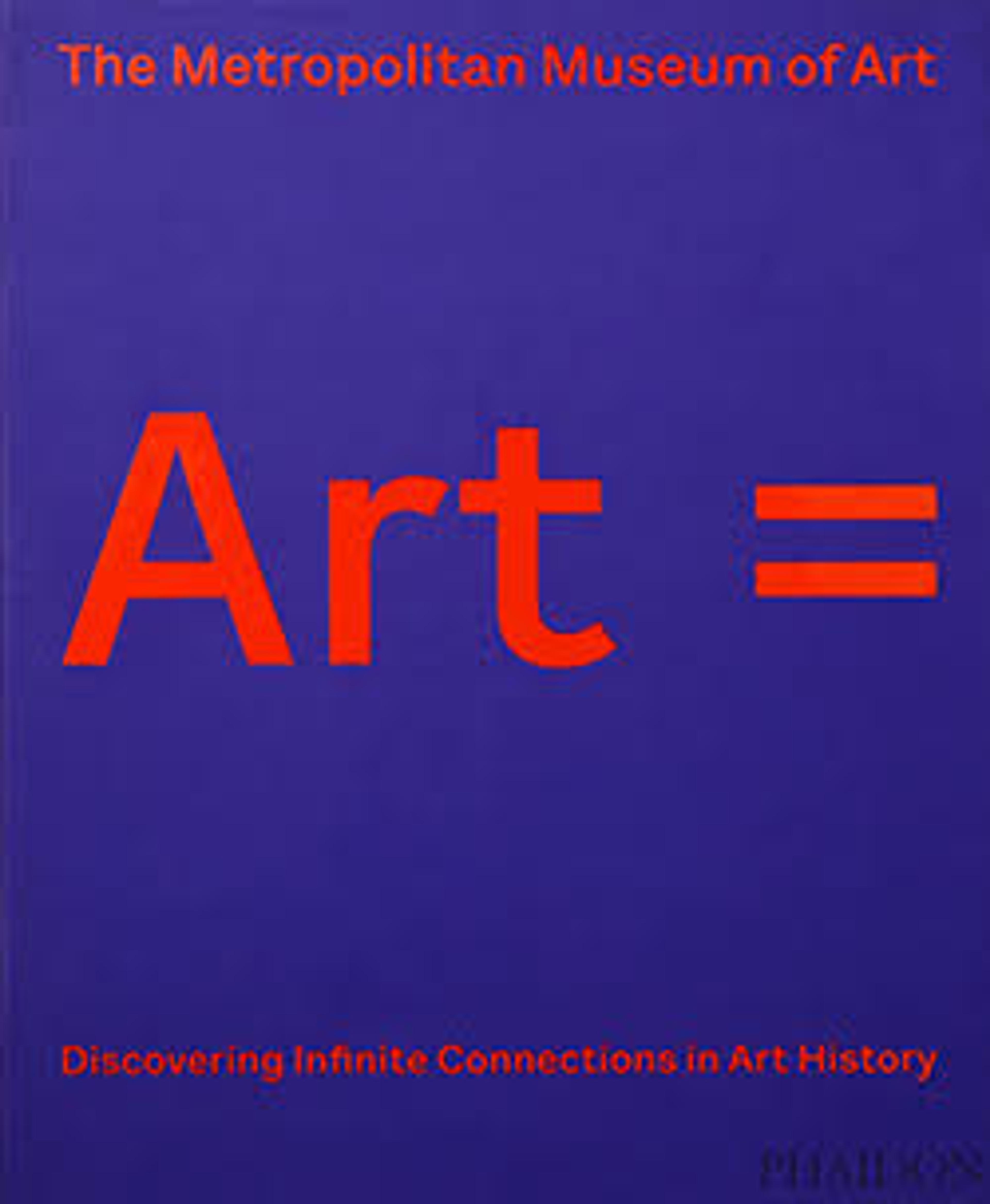Sitar
This sitar with 7 melody and 13 sympathetic strings was made in 1997 by Murari Adhikari, son of Nityananda Adhikari, an early 20th-century innovator of sitar construction. Murari continued to incorporate his father's improvements that included elaborate engraving and carving, rounded frets, a concave neck, changes in bridge design, and adjustments that produce an even tone from high to low. Established in 1910 and growing out of an older company, Damodar and Sons, founded in 1882, the Calcutta firm of Kanailal and Brother prospered from the 1920s through the 1960s.
Artwork Details
- Title: Sitar
- Maker: Murari Adhikari (Indian, Calcutta 1934–2006 Calcutta)
- Date: 1997
- Geography: Calcutta, India
- Culture: Indian
- Medium: Teak, ebony, metal, bone, various materials
- Dimensions: 49 × 13 1/2 × 12 3/16 in. (124.5 × 34.3 × 31 cm)
- Classification: Chordophone-Lute-plucked-fretted
- Credit Line: Gift of Steven Landsberg, 1999
- Object Number: 1999.399
- Curatorial Department: Musical Instruments
More Artwork
Research Resources
The Met provides unparalleled resources for research and welcomes an international community of students and scholars. The Met's Open Access API is where creators and researchers can connect to the The Met collection. Open Access data and public domain images are available for unrestricted commercial and noncommercial use without permission or fee.
To request images under copyright and other restrictions, please use this Image Request form.
Feedback
We continue to research and examine historical and cultural context for objects in The Met collection. If you have comments or questions about this object record, please contact us using the form below. The Museum looks forward to receiving your comments.
